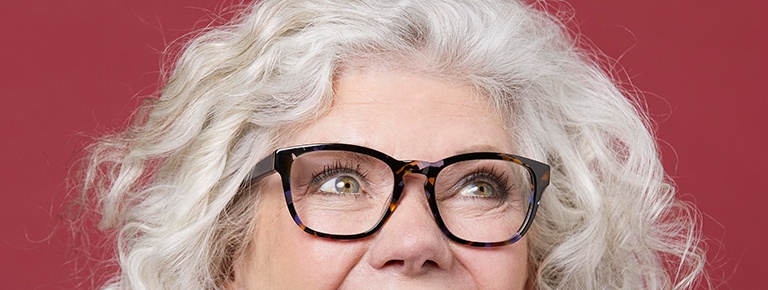Dr. Black's Eye Associates of Southern Indiana
302 West 14th Street, Suite 100A
Jeffersonville, IN 47130
Phone: (812) 284-0660
Monday—Friday | 8 a.m.– 5 p.m.
Dr. Black's Eye Associates of Southern Indiana
302 West 14th Street, Suite 100B
Jeffersonville, IN 47130
Phone: (812) 284-1700
Monday—Friday | 8 a.m.– 5 p.m.
Corneal Procedures
If you have Fuch’s Dystrophy, pterygia, pinguecula, or another problem that involves the cornea, our cornea specialist can offer you the most advanced treatments available.
How is FUCHS’ DYSTROPHY treated?
Early cases of Fuchs’ Dystrophy can be treated with eye drops that remove excess water from the cornea.
The cornea’s endothelium can be damaged by high pressure within the eye, making Fuchs’ dystrophy worse. For endothelial dystrophy with high pressure, glaucoma eye drops may reduce that pressure.
Painful corneal abrasions can result as the disease progresses. A cornea transplant may be needed if the abrasions cause significant vision loss.
An amniotic membrane graft can sometimes be used to treat corneal ulcers that have caused the cornea to become too thin or to perforate. These grafts are often intended as a temporary tissue bandage before cornea transplantation, but sometimes serve as a permanent treatment.
How is EBMD treated?
Your doctor may prescribe lubricants, gels, or drops to reduce the symptoms of epithelial basement membrane disease.
Ultimately, a laser treatment called photo-therapeutic keratectomy (“PTK”) may be needed to reduce or eliminate the symptoms of EBMD and bring about permanent improvement. PTK works in much the same way that fixing the foundation of a building rather than simply repairing the surface cracks can prevent further cracking.
How are PTERYGIA treated?
When a pterygium is removed, the surgeon may leave the surface defect left behind by the procedure alone to heal, or may opt to repair it with an amniotic membrane graft.
How is PINGUECULA treated?
Your doctor will consider how severe the symptoms are before recommending a treatment.
If a pinguecula is mild, the doctor may prescribe lubricating eye drops. If significant swelling and inflammation are present, steroid eye drops or a nonsteroidal anti-inflammatory drug may be prescribed.
If the pinguecula interferes with vision, blinking, or wearing a contact lens, surgical removal may be recommended.









